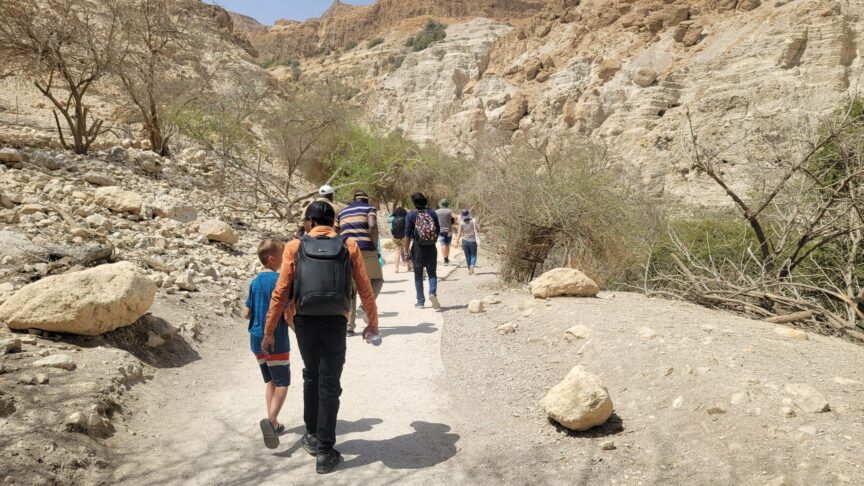| Sirens
I think I’ve lost an accurate count, but I believe we’ve had to go to our bomb shelters 15 times since I arrived in mid-March. We’re so grateful for the IDF and their skill at stopping the Houthi missiles. We’re sad because of the airlines being afraid and cancelling so many flights. Even my June 27th Lufthansa flight has been cancelled more than a month ahead of time. (My travel agent has figured out an alternate booking. If that one doesn’t cancel.) So far, people who have needed to come or to go have been able to rebook.
Fire
Israel Independence Day starting the evening of April 30th, was actually an amazing day. We had to evacuate because of the fire just 6 miles west of us, but all the students are “experienced” and there was no major worry. We shifted over to our other Home in Mevasseret, slept, had breakfast, semantics class with Reinier de Blois, our independence day picnic lunch, and then we got the notice that we could return home in the afternoon. We were all well, and the moshav on which we’re located was untouched. Not even the smell of smoke. |
